
 |
| This TV grab taken on June 20, 2013 shows female astronaut Wang Yaping, one of the three crew members of Shenzhou-10 spacecraft, giving a lecture to students on Earth aboard China's space module Tiangong-1. A special lecture began Thursday morning, given by Wang Yaping aboard China's space module Tiangong-1 to students on Earth. (Xinhua) |
BEIJING, June 20 (Xinhua) -- The success of a 40-minute lecture given by China's three astronauts in low earth orbit on Thursday made female Wang Yaping the world's second teacher in space.
The human being's attempt to explore space has never been an easy journey, even for a space lecture decades after the first man orbited the earth.
Christa McAuliffe, one of the first trained to give such a lecture, sacrificed herself in the space shuttle Challenger disaster in 1986 on the way to fulfill the mission. It was 21 years later that McAuliffe's backup, Barbara Morgan, finished the job.
China's first space lecture has a similar intention with NASA's Teacher in Space Project -- to inspire students' curiosity about space and spur people's interest in space exploration.
More than 60 million Chinese students, from metropolitans to villages, from mainland to Taiwan, watched the live lecture which was made possible via space-based telecommunication technology.
No one can estimate how much influence and potential the space show will bring to Chinese children. Many young researchers for China's manned space missions, now around 30 years old, witnessed the country's first astronaut Yang Liwei's milestone trip when they were students ten years ago.
However, as a latecomer in space, China has no reason to be complacent. Just as the female lecturer said before launch, "we are all students in facing the vast universe."
The planet we live on is so tiny that astronauts have to travel for about 50,000 years to reach the nearest star system to our sun, based on human beings' current technology.
The way that we educate the next generation will determine human beings' progress to explore the universe.
The space lecture is a spark, a small step that can accelerate progress, because we believe that our descendants will be more intelligent.
Thus, by more science popularization activities, children with space dreams, no matter how unimaginable they are, might one day make breakthroughs in technology that Mr Einstein had never dreamed about. 


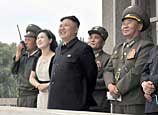
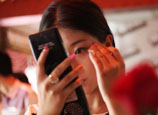
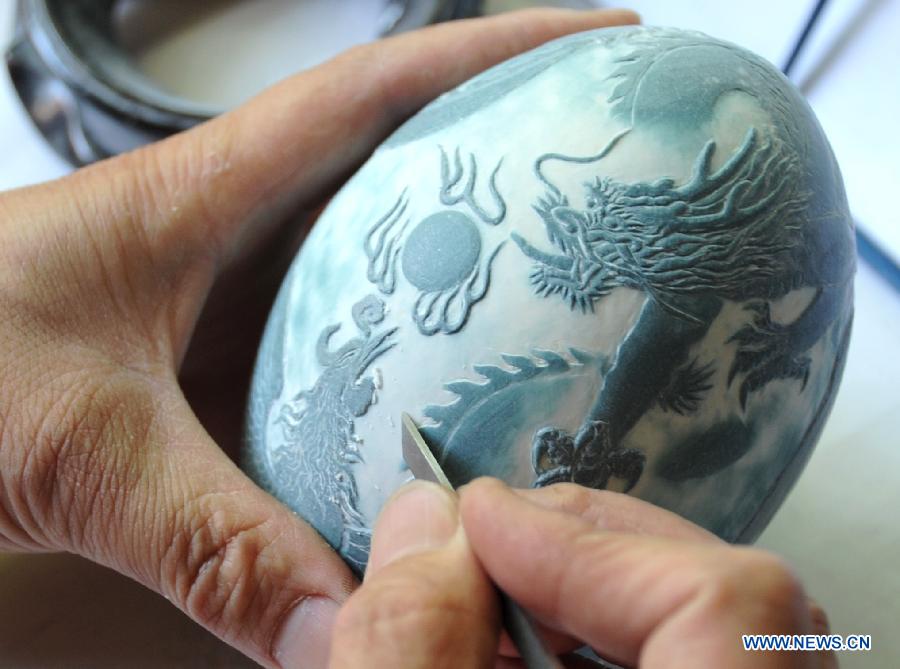
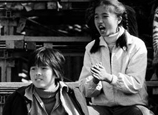

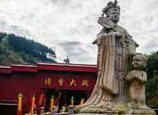

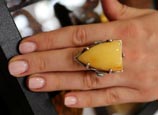






 Shocking! Hairy stocking to beat sex harassment
Shocking! Hairy stocking to beat sex harassment


![]()
